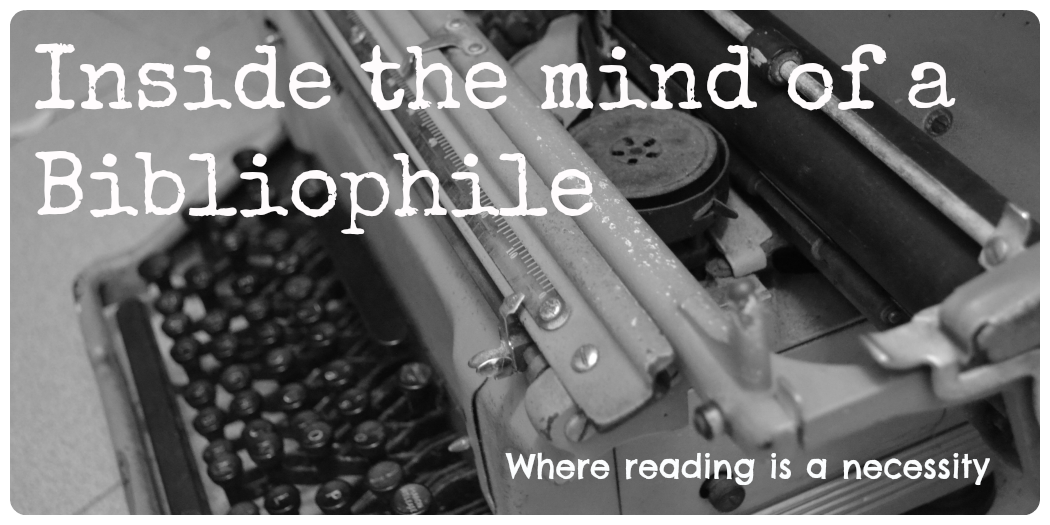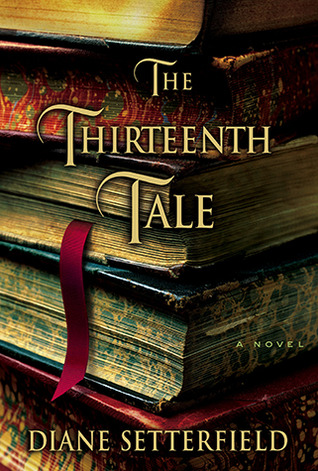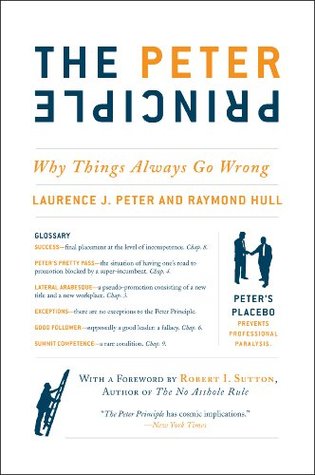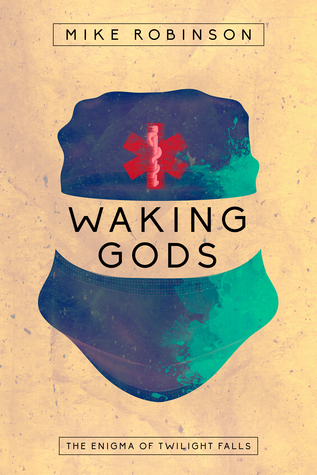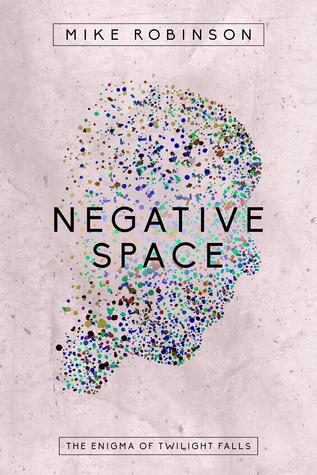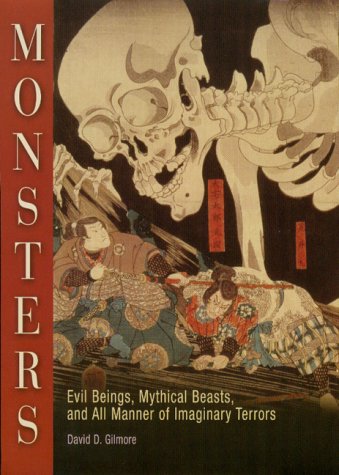Happy Chinese New Year everyone! Since I'm in the midst of exam season and can't go home, I decided to celebrate with a readalong on my
Dayre. There were only two participants, including me though... Oh well, there's still tomorrow and maybe someone will join in!
Anyway, we read The Man Who Was Thursday by G.K. Chesterton. Without further ado....
First thoughts: I didn't notice this was subtitled "A nightmare"! Explains quite a bit hahaha
The opening lines remind me of a poem though.
A cloud was on the mind of men, and wailing went the weather, Yea, a sick cloud upon the sound when we were boys together. Science announced nonentity and art admired decay; The world was old and ended: but you and I were gay
Haha, and I just realised this is a sort of prologue?
But I think my readalong report is more quotes than feelings, because I ALREADY FOUND ANOTHER QUOTE.
And it's not even Chapter 1 yet.
This is a tale of those old fears, even if those emptied hells, and none but you shall understand the true thing that it tells
Just finished Chapter one and I was reminded once again about how much I love Chesterton's descriptions. I just want to copy that paragraph about the sunset, but I won't haha. It's too long!
Also, I managed to forget my student card in school, but thank goodness for class Line! My friend managed to retrieve it.
Anyway, quote of choice from Chapter 1, and then I'm gonna study.
He seemed like a walking blasphemy, a blend of the angel and the ape.
I studied two chapters of managerial accounting, then my hands froze a little so I took a break for lunch and read some more
I forgot to say it just now, but in the beginning, there is a line about the beauty of one great act of violence. In wake of all the terror attacks, it really hit home and I wonder, is that how terrorists see things? Do they miss the beauty of life for the terrible greatness of an explosion?
The man who throws a bomb is an artist, because he prefers a great moment to everything. He sees how much more valuable is one burst of blazing light, one peal of perfect thunder, than the mere common bodies of a few shapeless policemen.
Of course, Chesterton follows it by having another character make the argument that it is order, not disorder, that the anarchist should embrace, because disorder is the natural state, while order isn't.
Anyway, there was also a rather true moment, I feel, when it was said that people don't tend to take those at extremes seriously. Sometimes, speaking the truth is the best way to get someone to disbelieve you.
I took his advice, and have never regretted it. I preached blood and murder to those women day and night, and--by God!--they would let me wheel their perambulators.
I am basically rewarding myself with reading. Just finished revising (will go through the practice questions next), so I read a few chapters.
We're well into the narrative now, and Syme (the protagonist) has gained entrance to the council of anarchists. My ebook is also very pink from all the highlighting.
I think I'm starting to remember what the twist was.
Anyway, if I had to pick one quote from all I saved for this section, it would be this:
For even the most dehumanised modern fantasies depend on some older and simpler figure; the adventures may be mad, but the adventurer must be sane. The dragon without St. George would not even be grotesque.
It seemed a symbol of human faith and valour that while the skies were darkening that high place of the earth was still bright. The Devils might have captured heaven, but they had not yet captured the cross.
I'm on the way to go teach, so I managed to read till the end of Chapter 9 in the train. Depending on how long the end matter is, I may be able to finish the book today, in which case I'll have to find something else for tomorrow :p
But now the story is doing the unraveling, where each character is shown for who they are. So far, Syme has unraveled two of the anarchists, and I think he'll unravel the third in Chapter 10
"Because I am afraid of him," said Syme; "and no man should leave in the universe anything of which he is afraid."
So I have followed the story to its end, and like @rideofvalkyries asked, here are my attempts at consolidating my thoughts. (By the way, if anyone is going to attempt the readalong on Day 2, please do so because I think the both of us would love to see more opinions).
To me, the meaning of the entire story is tied to two things.
One is that it is 'a nightmare'. What is a nightmare but a scary dream that one remembers imperfectly?
The other is Sunday. Who is he?
Each of you finds Sunday quite different, yet each man of you can only find one thing to compare him to - the universe itself.
But when I saw him from behind I was certain he was an animal, and when I saw him from the front I knew he was a god
For the matter, who is Gregory, the wannabe anarchist? Who is Syme? Who is Bull? Are they characters in a book or characters in a dream that was written down?
To be honest, I have no idea. I have a suspicion, but I'm no longer a lit student and can't back it up. I think the truth is hinted at in this line:
For these disguises did not disguise, but reveal.
So if this book, too, is a disguise, the question is: what does it reveal?
Is this a nightmare or a dream?
*******
And that's the end of the liveblogged review that I did today!
